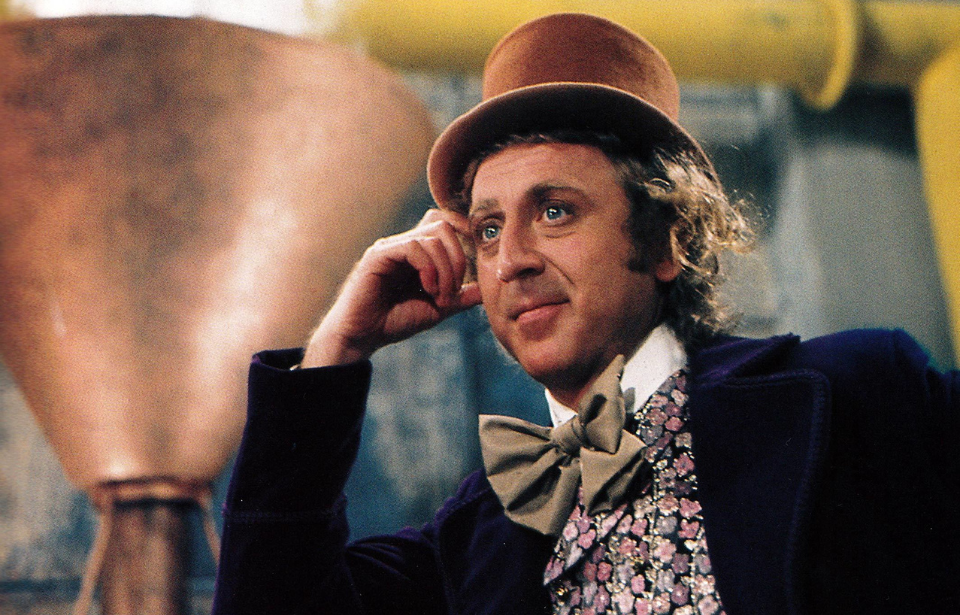Wild hair, a brown hat and an eccentric violet costume – the character of Willy Wonka was a defining image of many childhoods. With a face filled with fun, laughter and mystery, Gene Wilder was certainly an unforgettable actor, performing in a number of iconic films. However, there was also a man behind the motion pictures who led a life more amazing than any of his characters.
The following are some interesting facts about Gene Wilder, who sadly left us in 2016.
Born Jerome Silberman
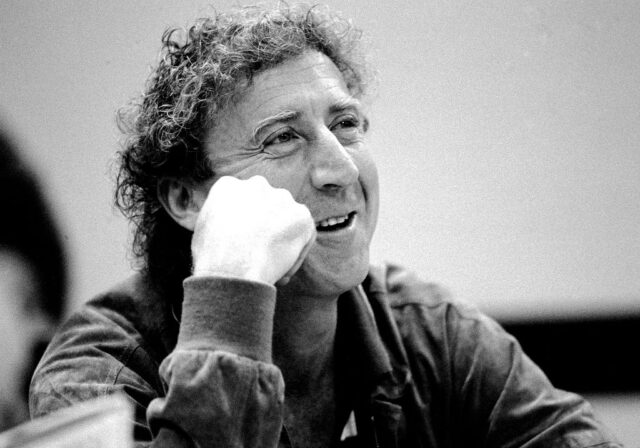
While it might be hard to imagine Gene Wilder going by any other name, the actor was actually born Jerome Silberman. When he was 26 years old, he adopted the stage name we know him by today, with him once explaining:
“I had always liked Gene because of Thomas Wolfe’s character Eugene Gant in Look Homeward, Angel, and Of Time and the River. And I was always a great admirer of Thornton Wilder.”
‘Try and make her laugh’
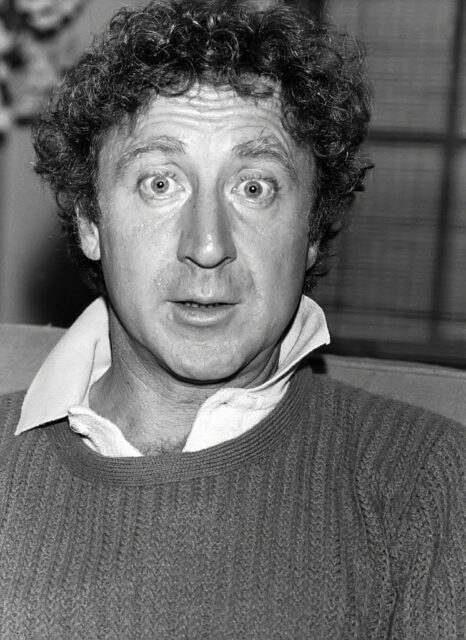
Gene Wilder was eight years old when he became interested in acting. His mother had been diagnosed with rheumatic fever and the doctor told him to “try and make her laugh.”
The world turned upside down when he saw his sister perform onstage. That’s the moment when he fell in love with the stage, the theater and acting. He immediately approached his sister’s teacher and asked if she would take him as a student. Her answer was that, if Wilder were still interested once he turned 13, then she would take the youngster on as a student.
The day after Wilder’s 13th birthday, he called the teacher, who immediately accepted him. He studied with her for two years.
Gene Wilder was sent to military school
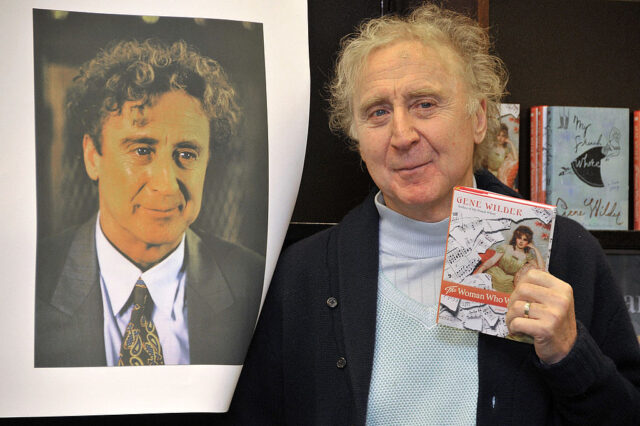
Gene Wilder’s mother, Jeanne Silberman, was the one to realize her son’s potential could never be fully realized in Wisconsin, so she sent him to the Black-Foxe Military Institute in Hollywood, California. Unfortunately, the best intentions quite often end up with the worst results. Wilder, being the only Jewish boy in the school, was subjected to bullying and assault.
After a short stay at Black-Foxe, he returned home, where he became increasingly involved with the local theater community.
Securing his first-ever onstage role
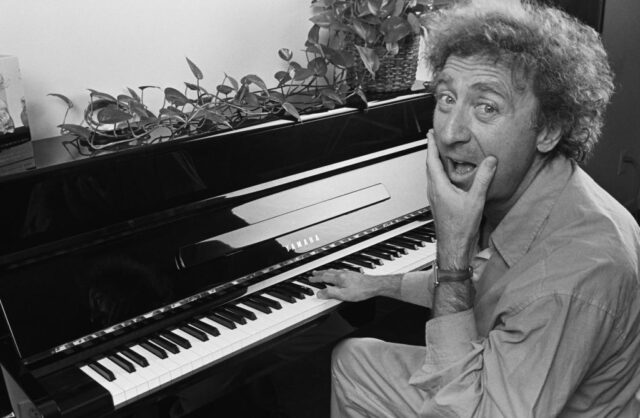
Following his return to Wisconsin, Gene Wilder secured his first onstage role. The 15-year-old was cast as Balthasar, Romeo’s servant, in a production of William Shakespeare‘s Romeo & Juliet.
It was his first time performing in front of a paying audience, and it appears he was hooked on the adrenaline that came with being in front of a crowd.
Gene Wilder was a fencing champion
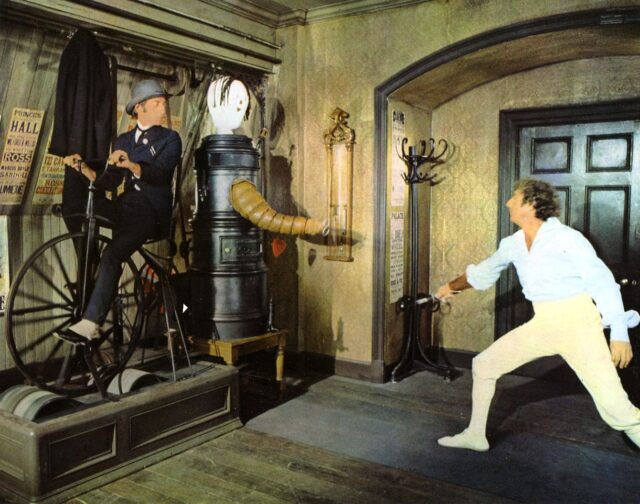
After graduating high school, Gene Wilder studied Communication and Theatre Arts at the University of Iowa, where he became a member of the Alpha Epsilon Pi (AEPi) fraternity. After finishing up his degree there, he received an acceptance to the Bristol Old Vic Theatre School in the United Kingdom, where he picked up a unique (and dangerous) new hobby: fencing.
With six months of practice, he wound up becoming the first freshman to win the All-School Fencing Championship – and that’s not all. Once he entered Hollywood, Wilder used his fencing skills to choreograph movies!
Gene Wilder was drafted into the US Army
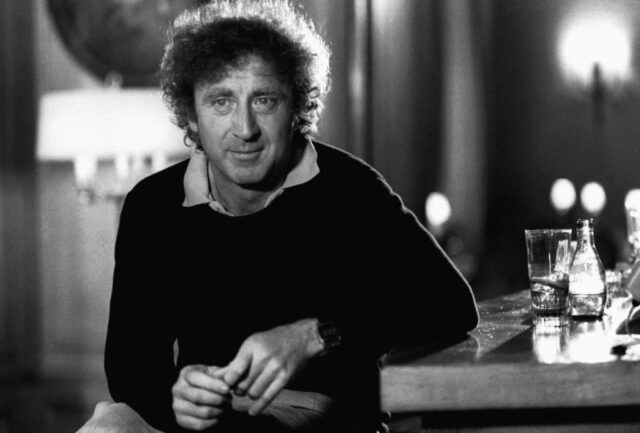
Despite the United States not being at war at the time, Gene Wilder was drafted into the US Army in September 1956. Following the completion of his recruit training, the future actor was assigned to the Medical Corps and sent to Fort Sam Houston, Texas to undergo additional training.
Wilder was given the chance to pick where he’d be stationed and wound up choosing to serve as a paramedic with the Department of Psychiatry and Neurology at Vally Forge Army Hospital in Phoenixville, Pennsylvania, as it allowed him to study acting in New York City.
Learning about Lee Strasberg’s method acting
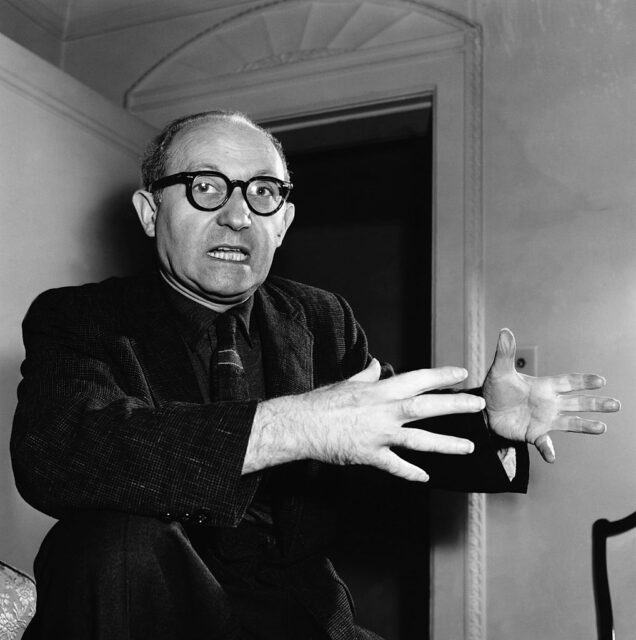
Gene Wilder spent three years studying at Herbert Berghof and Uta Hagen’s HB Studio in New York City.
It was around this time that fellow actor Charles Grodin convinced Wilder to leave the studio and told him about Lee Strasberg’s method acting. Before long, he was studying with the theater director and actor in a private class and, several months later, was accepted into the Actors Studio.
Securing the role of Willy Wonka
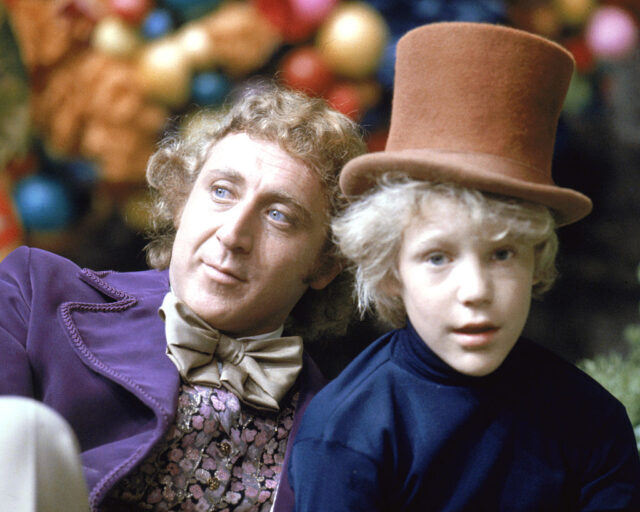
In 1971, Gene Wilder auditioned for the part of Willy Wonka in Mel Stuart’s film adaptation of the Roald Dahl classic, Charlie and the Chocolate Factory, retitled Willy Wonka & the Chocolate Factory. After reciting some lines, the actor was preparing to leave the audition room when Stuart offered him the role on the spot.
However, despite auditioning, Wilder was hesitant about accepting the part, largely because of what he learned as he was told more about what it would entail. As history would later show, he wound up accepting the role, but on one condition: the iconic scene where viewers are first introduced to Wonka, just before the children’s tour.
As it turns out, it wasn’t included in the original script – it was all his idea, somersault and all!
Gene Wilder disliked Tim Burton’s adaptation
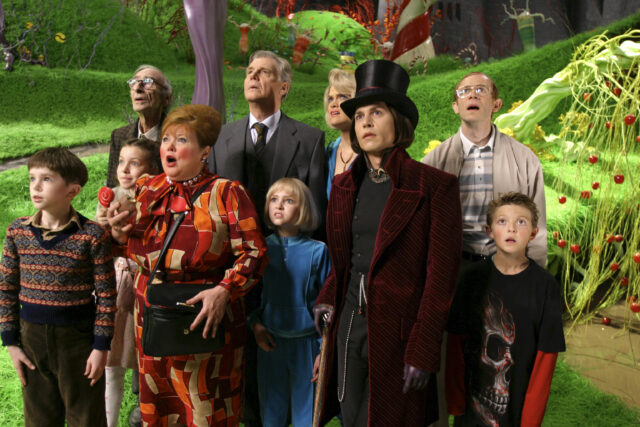
Newer generations will likely remember Tim Burton‘s 2005 film adaptation of Charlie and the Chocolate Factory, but did you know Gene Wilder wasn’t a fan of it? In fact, he chose to not even see it, later going on to call it “an insult.”
He said in an interview, “The thing that put me off … I like Johnny Depp, I like him, as an actor I like him very much … but when I saw little pieces in the promotion of what he was doing, I said I don’t want to see the film, because I don’t want to be disappointed in him.”
Wilder also criticized the choices Burton made as director, telling The Telegraph that he felt the filmmaker only remade the 1971 film for money. He added, “I don’t care for that director. He’s a talented man, but I don’t care for him doing stuff like he did.”
Gene Wilder was married four times
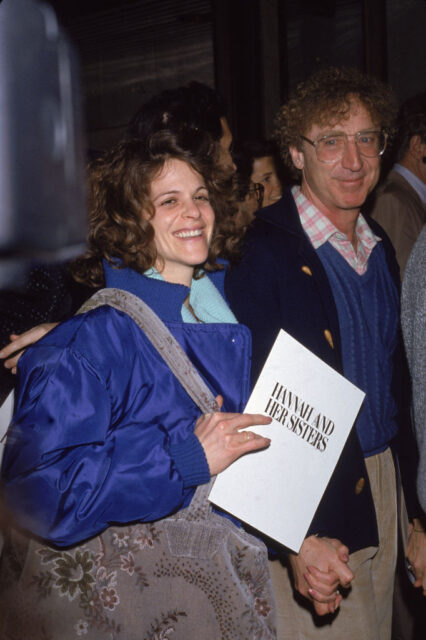
Gene Wilder was married four times over the course of his life, first to Mary Mercier, then to Mary Joan Shutz and, later, to Gilda Radner. When Radner died from cancer in 1989, he became active in promoting cancer awareness and treatment. He also went on to establish the Gilda Radner Ovarian Cancer Detection Center in Los Angeles, and co-founded Gilda’s Club, a support group that raises awareness about cancer.
While preparing for his role in See No Evil, Hear No Evil (1989), Wilder worked with Karen Webb, a clinical supervisor for the New York League for the Hard of Hearing. She coached him in lip reading, as his character, Dave Lyons, was deaf. After Radner’s death, the two reconnected and married in 1991.
Pursuing writing over acting
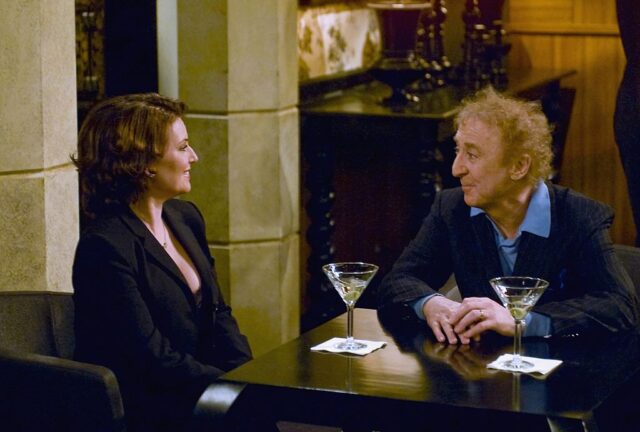
Outside of a two-episode stint on Will & Grace (1998-2006) and serving as the narrator of Expo: Magic of the White City (2006), Gene Wilder largely retired from acting after the 1990s. This was due, in part, to him being diagnosed and hospitalized with non-Hodgkin lymphoma, but also because none of the scripts sent his way sparked any interest.
More from us: An Unsuccessful Pilot Is to Thank for Matthew Perry Being Cast in ‘Friends’
Speaking with Time Out New York in 2014, he revealed, “I’m tired of watching the bombing, shooting, killing, swearing and 3-D. I get 52 movies a year sent to me, and maybe there are three good [ones]. That’s why I went into writing. It’s not that I wouldn’t act again. I’d say, ‘Give me the script. If it’s something wonderful, I’ll do it.’ But I don’t get anything like that.”
